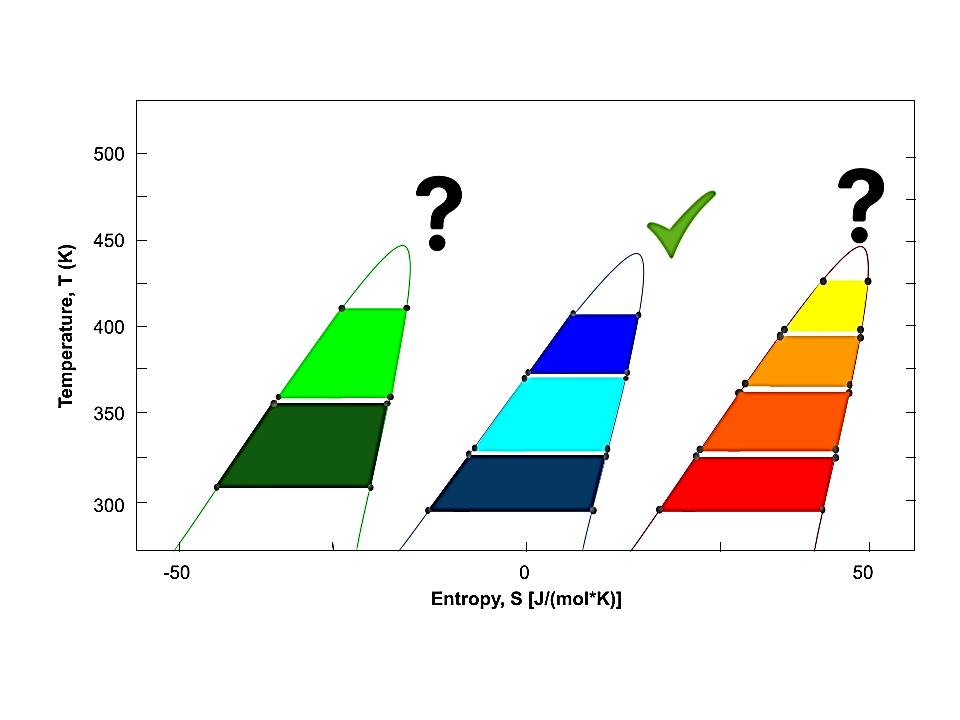Cascade Organic Rankine Cycle (ORC) Power Production Systems Using a Low-Temperature Heat Source
Keywords:
Rankine cycle, cascade, power, low temperature, heat sourceAbstract
The Organic Rankine Cycle (ORC) is a thermodynamic cycle that uses organic working fluids to transform heat into electricity through mechanical work. The performance of the ORC employing five working fluids namely, R123, R245ca, R601a, R601 and R610 was analyzed. It was demonstrated that the selected organic fluids could produce power from a low-temperature heat source. These working fluids were selected for solar heat usage based on their boiling points which were carefully selected to fall close to the reference ambient temperature of 25 oC-32 oC to avoid problems with condensation. The system performance indices (system efficiency, work output, and power output) were calculated using a commercial software named IPSEpro, which adopted an expander model and took pipe and heat exchanger pressure drops into account. R123 as the only working fluid in the three-stage system gave a power output 33.3% higher than that of the two-stage cycle which was 26.7% higher than the single-cycle system, this was the general trend for the two-stage and the three-stage systems. For the four-stage system, however, there was a significant drop in power output The highest power output of 1.68 KW came from the three-stage cascade cycle using R245ca as the only working fluid. The best working fluid combinations for two-stage and three-stage systems were shown to be R123+R245ca and R123+R245ca+R601a respectively.


